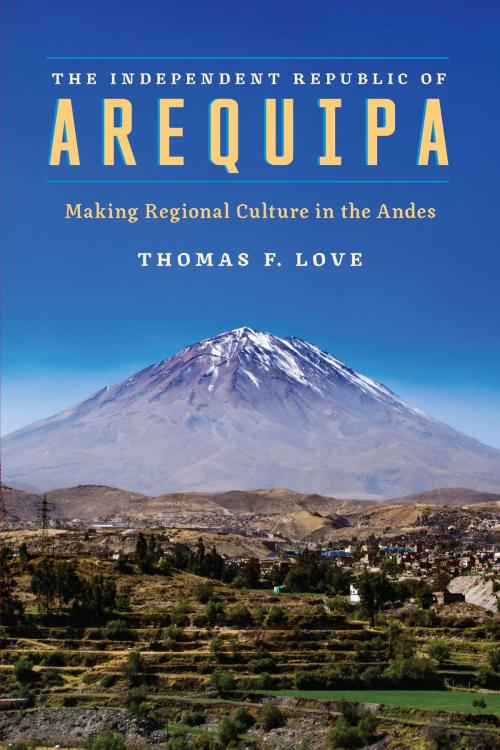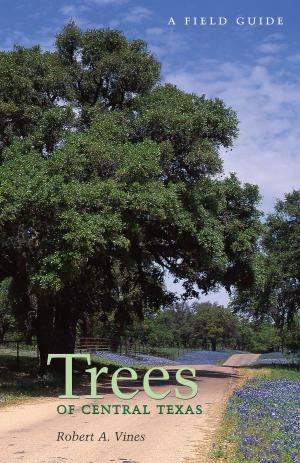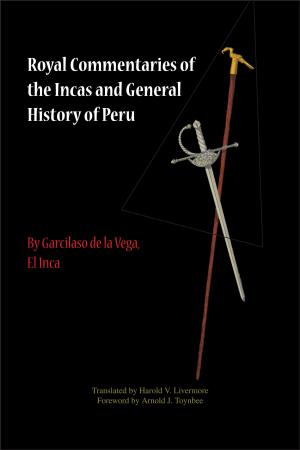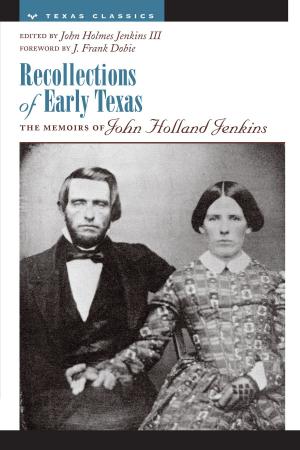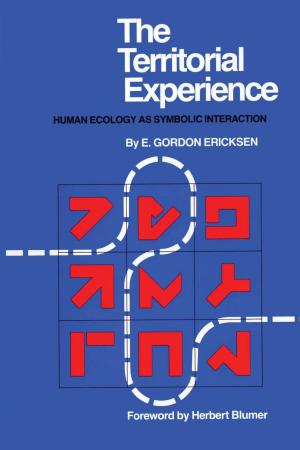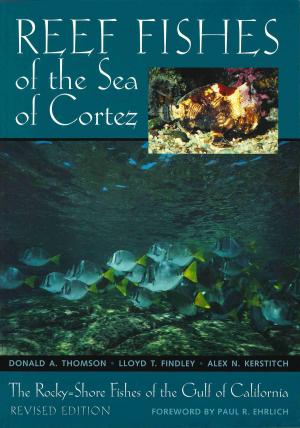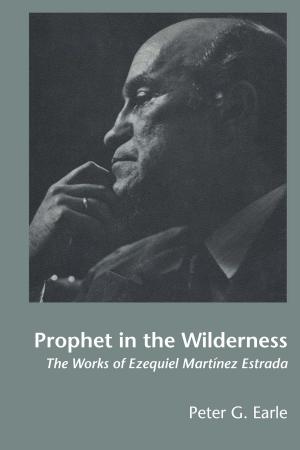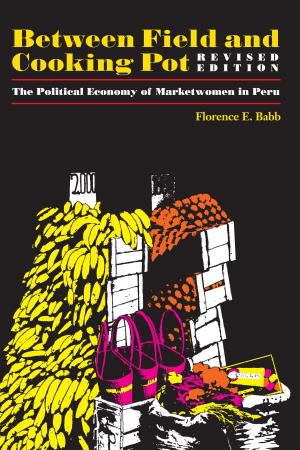The Independent Republic of Arequipa
Making Regional Culture in the Andes
Nonfiction, History, Americas, South America, Social & Cultural Studies, Social Science, Anthropology| Author: | Thomas F. Love | ISBN: | 9781477314616 |
| Publisher: | University of Texas Press | Publication: | November 29, 2017 |
| Imprint: | University of Texas Press | Language: | English |
| Author: | Thomas F. Love |
| ISBN: | 9781477314616 |
| Publisher: | University of Texas Press |
| Publication: | November 29, 2017 |
| Imprint: | University of Texas Press |
| Language: | English |
Arequipa, Peru's second largest city, has the most intense regional culture in the central Andes. Arequipeños fiercely conceive of themselves as exceptional and distinctive, yet also broadly representative of the nation's overall hybrid nature—a blending of coast (modern, "white") and sierra (traditional, "indigenous"). The Independent Republic of Arequipa investigates why and how this regional identity developed in a boom of cultural production after the War of the Pacific (1879–1884) through the mid-twentieth century.Drawing on decades of ethnographic fieldwork, Thomas F. Love offers the first anthropological history of southwestern Peru's distinctive regional culture. He examines both its pre-Hispanic and colonial altiplano foundations (anchored in continuing pilgrimage to key Marian shrines) and the nature of its mid-nineteenth century "revolutionary" identity in cross-class resistance to Lima's autocratic control of nation-building in the post-Independence state. Love then examines Arequipa's early twentieth-century "mestizo" identity (an early and unusual case of "browning" of regional identity) in the context of raging debates about the "national question" and the "Indian problem," as well as the post-WWII development of extravagant displays of distinctive bull-on-bull fighting that now constitute the very performance of regional identity. Love's research reveals that Arequipa's "traditional" local culture, symbolically marked by populist, secular, and rural elements, was in fact a project of urban-based, largely middle-class cultural entrepreneurs, invented to counter continuing Limeño autocratic power, marked by nostalgia, and anxious about the inclusion of the nation's indigenous majority as full modern citizens.
Arequipa, Peru's second largest city, has the most intense regional culture in the central Andes. Arequipeños fiercely conceive of themselves as exceptional and distinctive, yet also broadly representative of the nation's overall hybrid nature—a blending of coast (modern, "white") and sierra (traditional, "indigenous"). The Independent Republic of Arequipa investigates why and how this regional identity developed in a boom of cultural production after the War of the Pacific (1879–1884) through the mid-twentieth century.Drawing on decades of ethnographic fieldwork, Thomas F. Love offers the first anthropological history of southwestern Peru's distinctive regional culture. He examines both its pre-Hispanic and colonial altiplano foundations (anchored in continuing pilgrimage to key Marian shrines) and the nature of its mid-nineteenth century "revolutionary" identity in cross-class resistance to Lima's autocratic control of nation-building in the post-Independence state. Love then examines Arequipa's early twentieth-century "mestizo" identity (an early and unusual case of "browning" of regional identity) in the context of raging debates about the "national question" and the "Indian problem," as well as the post-WWII development of extravagant displays of distinctive bull-on-bull fighting that now constitute the very performance of regional identity. Love's research reveals that Arequipa's "traditional" local culture, symbolically marked by populist, secular, and rural elements, was in fact a project of urban-based, largely middle-class cultural entrepreneurs, invented to counter continuing Limeño autocratic power, marked by nostalgia, and anxious about the inclusion of the nation's indigenous majority as full modern citizens.
